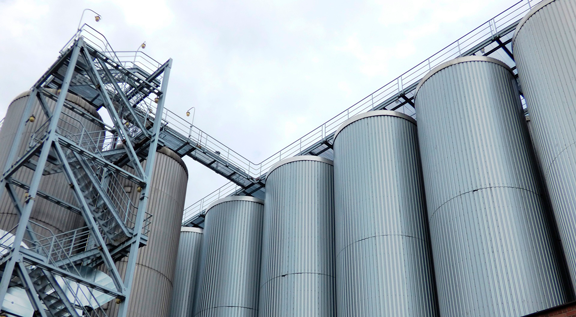
Image: Pixabay
The war in Ukraine has imposed a crisis scenario on the world. Even with thousands of kilometers that divide Brazil from the region where the conflicts take place, the country today is already facing the consequences. The price of a barrel of oil on the international market has been under pressure, as Russia is an important producer of the commodity. The rise in inputs directly impacts the chemical industry, responsible for supplying products to automakers, shoe factories and civil construction, for example.
There is also a strong tendency towards fertilizer shortages in Brazil, which will directly impact national food production. This is because today the country imports 85% of the fertilizers it uses and 23% of these imports come from Russia. The more dependent on international products, the more vulnerable the national industry will be.
The president of the Brazilian Industry Association (Abiquim), Ciro Marino, explains that the chemical industry involves long cycles. Therefore, the supply crisis in Russia and Ukraine will not be resolved in an emergency. “We need to look ahead. And for that, a strong State strategy is needed. In Brazil, the sector is subject to cyclical issues. If we don't know what Brazil we will have in eight or ten years, no one will invest. Today we have an investment crisis”, he argued.
Brazil's chemical industry, which will be directly impacted by international vulnerability, has been struggling for some time to be competitive within the national market. Currently, the chemical industry already operates with only 72% of installed capacity in the country, while the share of imported products in the domestic market is already 46%.
{module Form RD}
And it is based on this logic that the Brazilian Chemical Industry Association (Abiquim) launched, this week, a national mobilization campaign, with the aim of raising awareness in society and public authorities about the importance of maintaining the Special Chemical Industry Regime ( REIQ), which is a way used to balance the unfavorable Brazilian balance in relation to the international market since 2013.
“We are working to ensure that this campaign reinforces, through communication, the importance of the REIQ’s permanence and the impact of the measure on generating employment and income for the country. We want to provide support for the understanding of decision makers and society in general”, added the president of Abiquim.
About REIQ
But what is REIQ? It is a special regime that reduces the gigantic disparity in costs between local and international industry. It currently consists of an exemption of 2.19% from PIS/COFINS on the purchase of first and second generation basic petrochemical raw materials. This mechanism was suspended by the federal government on the last day of 2021, a setback to Law No. 14,183, sanctioned without vetoes on July 14, 2021, after an intense process of debates that involved the National Congress, the Executive Branch, the productive sector and workers, and established the gradual reduction of the Regime for a period of four years, ending in January 2025.
As a result, the chemical sector once again finds itself facing a scenario of legal uncertainty with expected effects on several production chains, putting at risk the supply of the economy with strategic inputs, and the jobs and income of thousands of Brazilians.
And despite being designed to last until 2025 in Brazil, REIQ is already seen as the main lever for the sector in recent years, even in the face of a scenario of endemic and economic crisis. Furthermore, it is a strategy used in different parts of the world that guarantees not only lower taxation, but also other sectoral stimuli with greater impacts. Like the United States, which recently implemented a greater incentive than the Brazilian one.
Source: DATA














